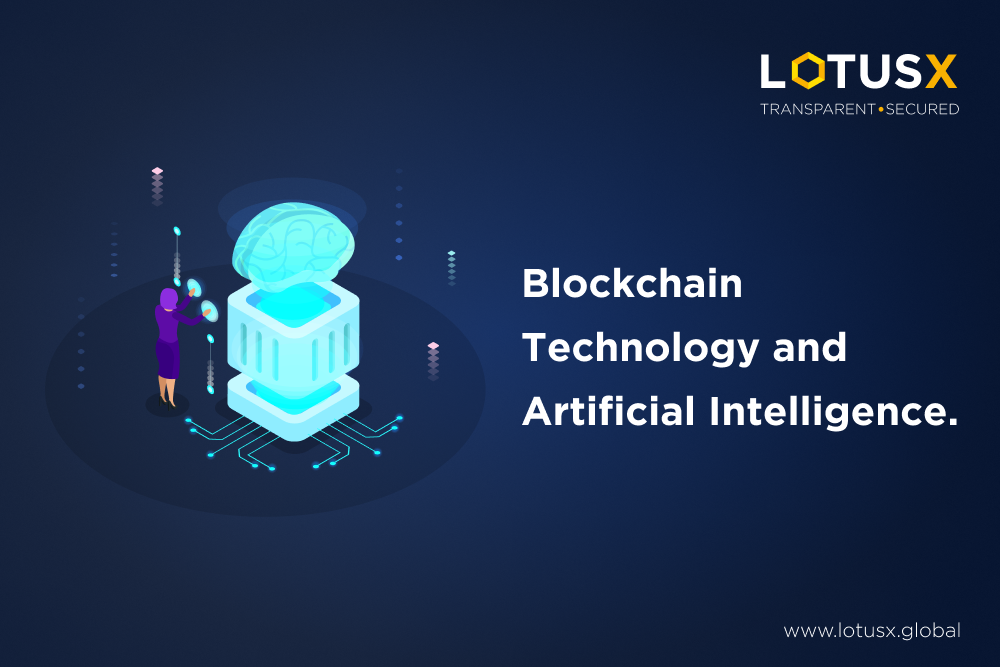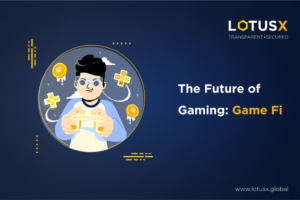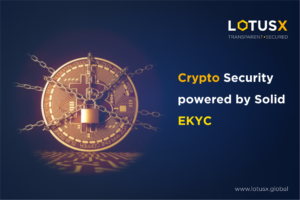Recently rise in security breaches and digital spying show how much privacy and security need to be improved, especially regarding users’ data. Blockchain technology offers new ways to protect user data through decentralized identity and other privacy tools.
As technology continues to evolve rampantly, the rise of artificial intelligence (AI) has revolutionized various aspects of our lives. However, this exponential growth has also raised concerns about the security and privacy of our personal information. With the increasing digitization, exploring strong solutions that protect our real identities becomes imperative. Here is where blockchain technology – a distributed ledger system seems promising in securing our personal information and providing us with control over our data.
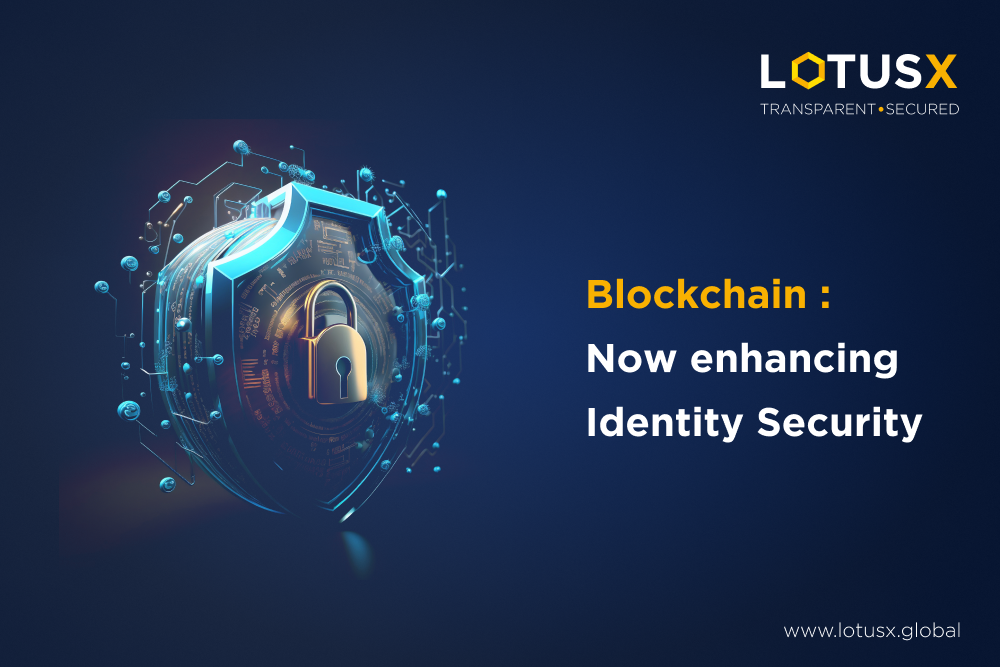
Understanding the Challenges
In the AI-driven world of today, it has become normal to store, process, and analyze huge amounts of data. While AI comes with its good things, it is also making it harder to keep our personal information safe and private. Traditional centralized systems can be hacked, have their data stolen, or be used in malpractices by hackers. Also, they often have only one weak spot, which puts our identities at risk. These problems need creative solutions that put our data protection and control in utmost priority.
Enhance Security with Blockchain: Blockchain is a decentralized, unchangeable ledger that makes deals safe, clear, and hard to change. It ensures that the data saved on the blockchain is correct using cryptography and consensus algorithms. Let’s look at how blockchain can help keep our real names safe in the age of AI.
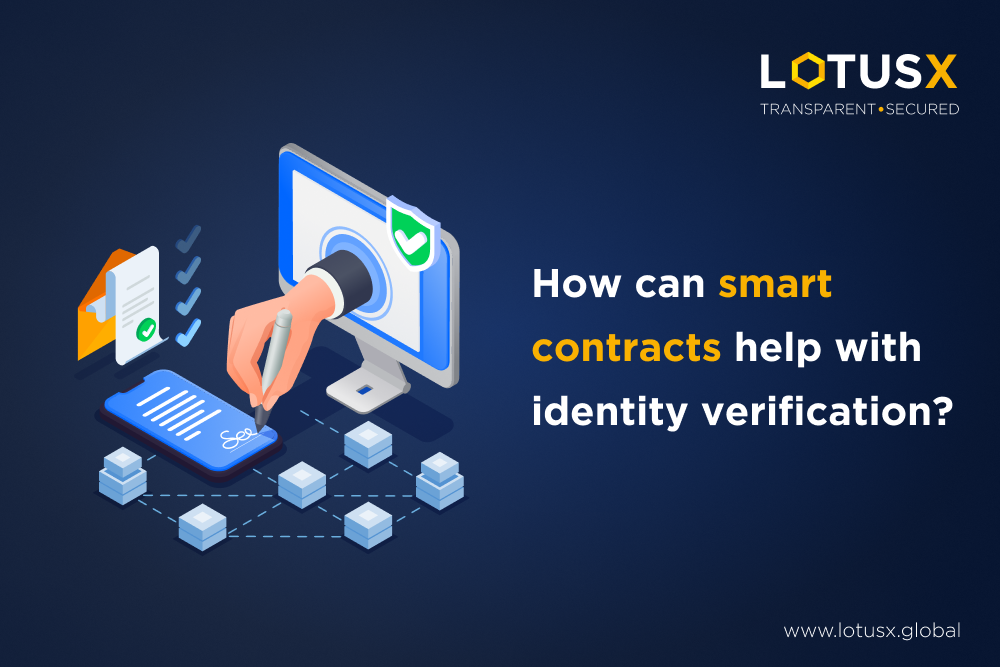
Self-Sovereign Identity: Blockchain allows people to have self-sovereign identities that fully control their personal information. People can keep their identity information on a blockchain network instead of giving it to a central authority. This gives users the ability to share information only when they need to. This makes it less likely that information will be accessed or used without permission.
Decentralized Storage and Encryption: Personal information is often kept in centralized files in traditional systems, which makes them easy targets for hackers. On the other hand, Blockchain uses a storage model where data is spread across various nodes and not kept in one place. With this distribution and cryptographic encryption, the chances of data leaks and unauthorized access are much lower.
Unaltered Audit Trails: Because blockchain can’t be changed, once a transaction or piece of information is written on it, it can’t be changed or deleted without the network’s agreement. This trait is essential for keeping a record of identity-related actions that can be checked, which is vital for transparency and responsibility.
Smart Contracts and Identity Verification: Smart contracts are self-executing agreements that can be programmed to run independently and can be an important part of identity verification. People can prove who they are by putting protocols for verifying identity into smart contracts without giving out private information. This lowers the chance of identity theft and fraud, generally making things safer.
Data Transparency and Trust: Blockchain provides transparency by allowing all participants in the network to view and verify transactions. This transparency builds trust between individuals, organizations, and AI systems. By leveraging blockchain, AI algorithms can access trusted and verified data while preserving the privacy of personal information.
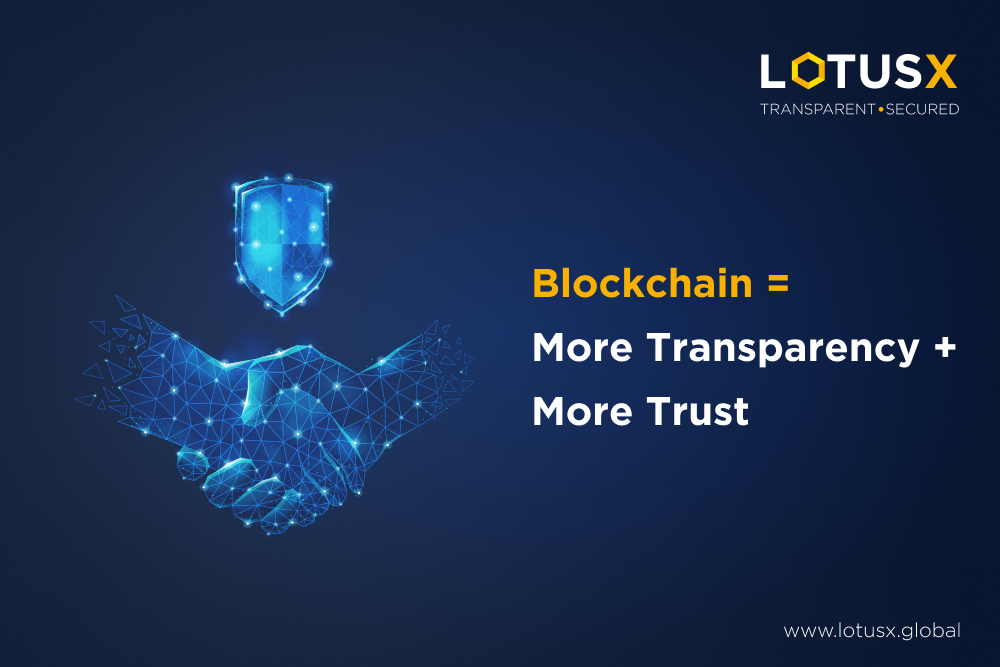
Blockchain Mechanisms that Can Safeguard Identity
Decentralized Identities: Decentralized identities mean storing your information on a network of computers as opposed to a single server controlled by a central authority. This technique makes the data more secure and resilient to tampering and hacking. Decentralized identities give you more control over your personal information and the decision-making power to choose how much and what information you want to share.
Zero-Knowledge Proofs: Zero-knowledge proofs are a clever cryptographic technique enabling the verifier to prove the statement without revealing the message. Simply, it allows someone to prove they know specific information without revealing it. It’s like showing someone a magic trick without revealing how it’s done. ZK-proofs play an important role in cyber security and privacy.
Bottom Line
In a world where AI is quickly changing businesses and our daily lives, it is very important to protect our real identities. Blockchain technology is a new way to deal with the problems that AI and centralized systems cause. Using its decentralized nature, cryptography, and transparency, blockchain allows people to protect their data, verify their identities safely, and control the information they share. As time passes, blockchain could change how we handle our identities, improving privacy and security in the age of AI.
Blockchain has new mechanisms, like decentralized identities and zero-knowledge proofs, that allow data sharing to protect privacy and give users power over their information. These improvements can lead to better protection and a better way to use personal information. Participants in the blockchain can reach these goals by carefully making governance frameworks and processes.

